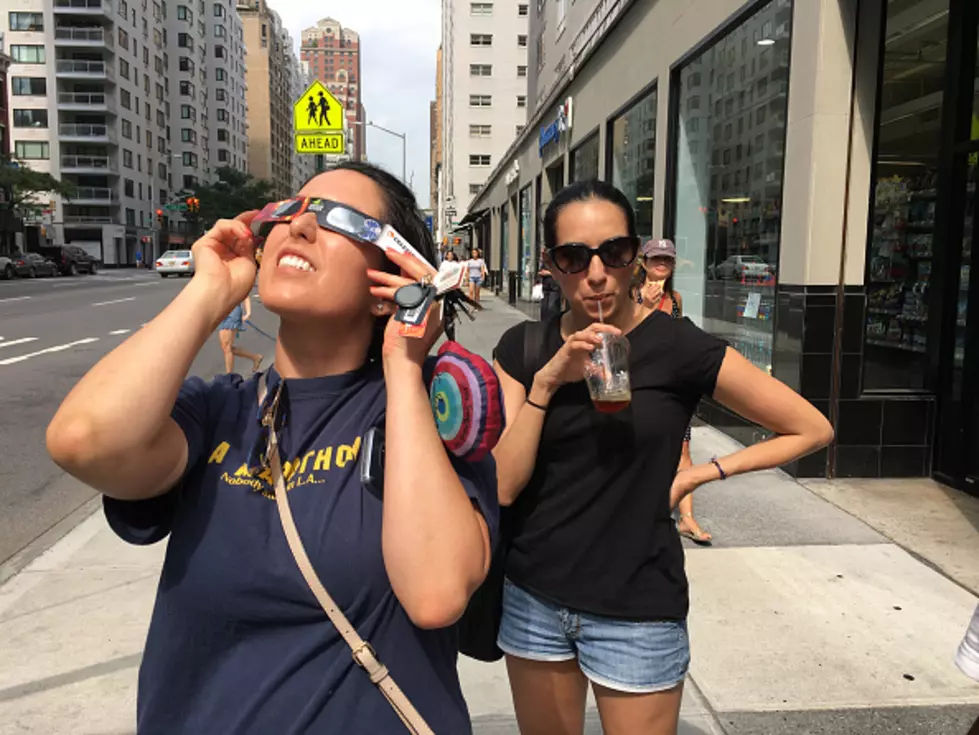
Driving The NYS Thruway This Week? You’ll Notice Something Different
Last weekend, New Yorkers and millions of Americans “sprung ahead” and moved their clocks up an hour to accommodate Daylight Savings Time. It’s nice that this annual ritual makes it lighter outside later in the day, so you don’t have to commute home in the dark.
The problem? Many of us are too tired to enjoy it. That loss of one measly hour of sleep can wreak havoc on our productivity, moods, and alertness. What fun is driving home on a sunny afternoon if you’re yawning the whole way through it?

In all seriousness, drowsy driving is extremely dangerous - and many New York State drivers don’t take it seriously. Too many commuters rely on caffeine, loud music, open windows or the rumble strips on the side of the road to keep them awake and alert on the road - sometimes leading to deadly consequences.
The Dangers Of Drowsy Driving
The AAA Foundation for Traffic Safety estimates that 16% to 21% of all police-reported deadly vehicle crashes involve drivers who are drowsy behind the wheel. Research from the foundation shows that drivers may not even realize how tired they really are and may underestimate their level of impairment.
Even if a driver isn’t in danger of falling asleep behind the wheel, they are still putting themselves in a dangerous situation. Drivers who drive while drowsy suffer from decreased alertness, leading to a slow reaction time when braking or swerving to avoid a collision.
Basically, if you are driving drowsy, you are just as impaired as someone who is driving drunk. Scary, huh?
New York State Reminds Drivers To Stay Awake At The Wheel
In correlation with Sleep Awareness Week (which coincides every year with Daylight Savings in the spring), the New York Governor’s Traffic Safety Committee brings awareness to the issue of drowsy driving by changing the display message boards along the New York State Thruway.
If you are driving on the NYS Thruway this week (hopefully awake and alert!), you’ll notice several digital signs with messages that say “Stay Awake, Stay Alive” or “Stop Drowsy Driving.”
Tips To Prevent Drowsy Driving
To stay safe on the roads, AAA recommends that drivers:
- Drive at times when they are normally awake
- Avoid eating heavy foods before or during the trip
- Avoid medications that may increase drowsiness (cold medicines, etc.)
For longer road trips, they suggest taking a break every couple of hours, taking a quick 20 to 30-minute nap at a rest stop, and traveling with a passenger you can share the driving with.
It’s understandable if you struggle to get a good night’s sleep, especially after Daylight Savings Time. But if you are a daily commuter who spends a lot of time in the car, it is essential to develop good sleep hygiene. That way, you can hit the road refreshed and alert, potentially saving your life (or someone else's).
A Peek Inside The New Thruway Rest Stops In New York State [PHOTOS]
The Best Rest Stop In New York State
More From 106.5 WYRK









